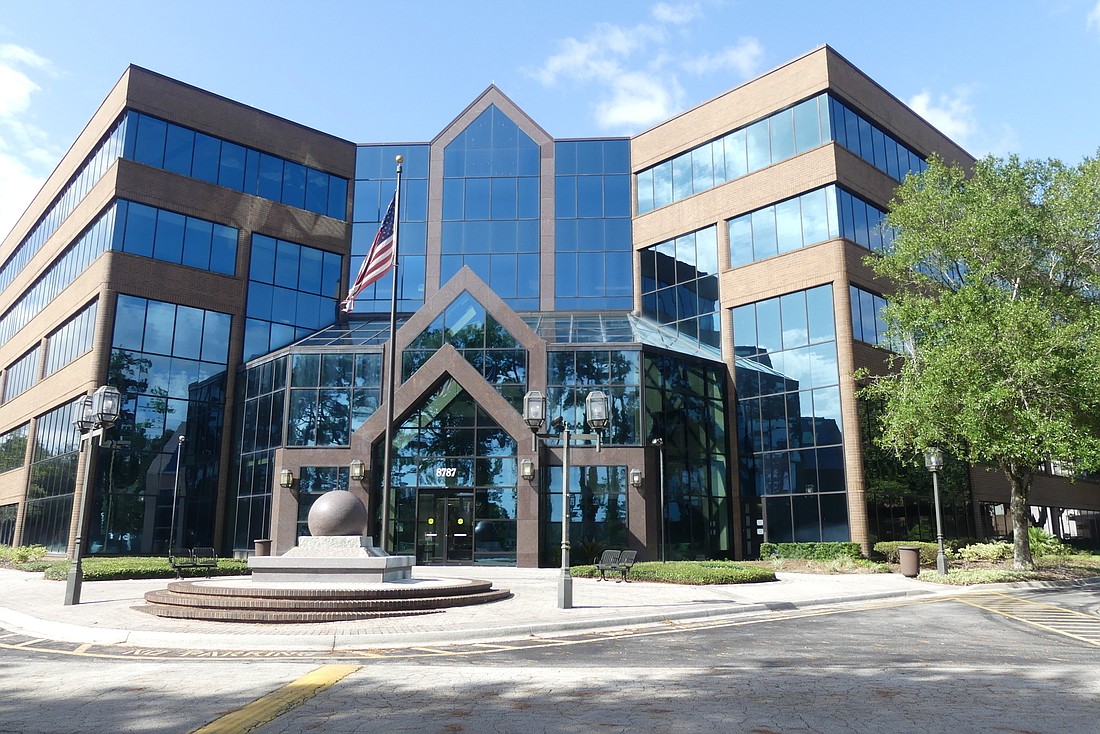
Florida Coastal School of Law says a “procedural matter” resulted in its termination from the federal student loan program, triggering the process for closing the school.
By direction of the American Bar Association, Florida Coastal submitted a teach-out plan May 7 that would allow the school to maintain its accreditation while its students are allowed to transfer to other accredited law schools to complete their education.
Florida Coastal President and Dean Peter Goplerud said May 11 that the U.S. Department of Education terminated the law school’s participation in the federal student loan program in April when Sterling Capital Partners, the private equity firm that established the school, determined it could not sign the application because of legalities involving its status as a limited partnership.
“The private equity fund that established Florida Coastal expired in 2013, so Sterling had no direct involvement with the law school,” Goplerud said.
He said it was the first time since the school was founded that the government required a signature on the application to renew the program participation agreement.
When Sterling declined to sign the application, the federal program was withdrawn and that triggered the requirement for Florida Coastal to submit a teach-out plan to the ABA, Goplerud said.
The Department of Education is reviewing a new application for the student loan program, signed by InfiLaw, an entity established by Sterling, and by Florida Coastal.
“We believe we have done everything necessary to be reinstated. This is not a compliance matter, it’s a procedural matter,” Goplerud said.
Admissions are suspended until the loan program is reinstated, he said.
There are 180 students enrolled at Florida Coastal, with 22 scheduled to graduate May 15.
Details of the teach-out plan will be considered by the ABA’s Council of the Section of Legal Education and Admissions at its meeting May 13-15.
This is the latest action in the past 17 years since Florida Coastal became part of the InfiLaw consortium of for-profit law schools.
Sterling Capital, based in Naples, Florida, purchased Florida Coastal in 2004 and at the same time established the InfiLaw System.
InfiLaw founded the Phoenix School of Law (which has been renamed Arizona Summit School of Law) later in 2004 and the Charlotte School of Law in 2006.
All three schools had issues with the ABA and Department of Education related to admission standards, below-average Bar exam passage rates and high levels of student debt combined with below-average employment in the Bar percentages and income levels after graduation.
The ABA notified Arizona Summit in March 2016 that the school was on probation for violating ABA academic and admission standards. The school began a teach-out plan when its accreditation was withdrawn in July 2018. It closed in May 2020.
In November 2016, the ABA placed Charlotte School of Law on probation for violating admissions standards required for accreditation. The Department of Education terminated it from the Federal Student Loan program a month later.
Charlotte School of Law closed in August 2017.
At Florida Coastal, the scrutiny by the ABA began in February 2017 when only 25% of the school’s graduates passed the Florida Bar exam.
The national law school accreditation authority conducted a 27-month investigation into whether Florida Coastal was meeting accreditation standards for admission requirements and curriculum.
The ABA eventually declared that Florida Coastal School of Law would remain an approved law school, but then questioned the school’s financial stability.
That investigation ended in February 2020 when the ABA found the school in compliance with standards that ensure that law schools are financially sound, a requirement for accreditation.
According to the Florida Board of Bar Examiners, 68.4% of Florida Coastal graduates who took the Bar exam for the first time in February passed, compared with the state average of 62.4%.